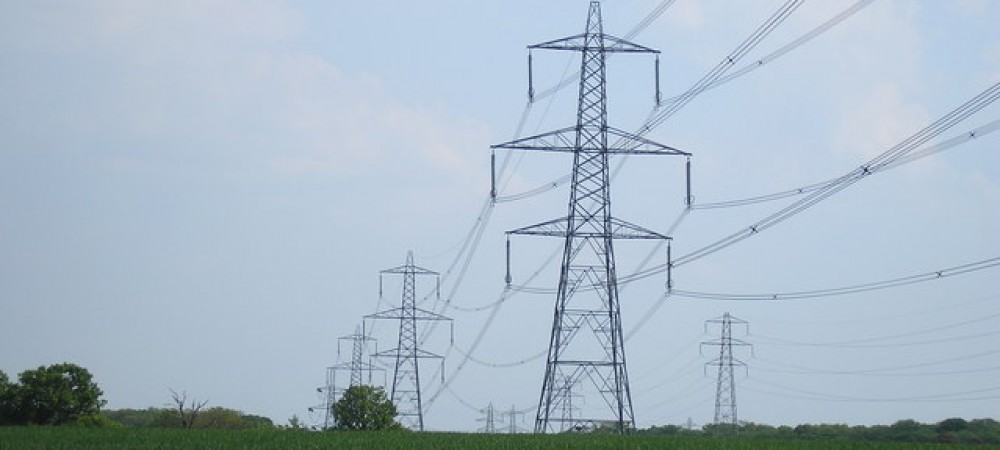After a pulse event, cities are a poor place to be. There may be a business opportunity in saving the lives of people in port cities. Someone could arrange for ships to take people to safety in another country. Everything would have to be preplanned in detail, including how to avoid swamping the vessel with too many refugees. People could take rowboats to ferries, then the ferries could wait in open water to meet ocean-going ships coming from unaffected areas. There would have to be some food and water and fuel already on board the ferries since it would take perhaps a week for the ships to arrive, and EMP-damaged ferry electronics would have to be bypassed or quickly replaceable. Prospective passengers would probably pre-pay half their tickets, and pay half in gold on boarding the ferry (the second half serves as incentive not to leave anyone behind). Refugees would also need gold coins so they would have resources when they reached the next country (Brazil?). The world would probably be in economic collapse, and without food exports from the US, there would be widespread hunger.
Monthly Archives: September 2012
The First Use of EMP
The first large-scale military use of EMP will not necessarily be against the US homeland. For example, Israel could use it against Iran. Such use would likely spur action elsewhere to harden electrical grid systems. In particular, it might serve as a wake up call in the US, where legislation to protect such infrastructure has stalled in the Senate.
EMP vs. Nuclear Blast Effects
Welcome to EMP Blog, where I hope to help foster the growth of a community of people with common concerns. The format will be informal, and my assumption is that people who find their way here will already know something about the EMP hazard. If you do not, explore some of the links from this page, or do your own web search.
How is the threat of an EMP any worse than the threat of nuclear war as it was previously imagined? I can think of four reasons to think so. First, one can always hope to escape the lethal effects of nuclear weapons, if it is just a matter of blast effects. The Soviets might not waste bombs on a state like Oregon, where I live. Yet an electromagnetic pulse could strike the entire country. It is much more likely you would be affected than it used to be.
A second reason is that a poor country such as North Korea, Iran, or Pakistan was unlikely to be much of a threat to the US as a whole, since it couldn’t have many nuclear weapons. Now, one EMP blast outside the atmosphere could wreck the whole country. Since there are many small countries and terrorist groups that dislike the US, this makes an attack much more likely than it used to be. Adding to this increased likelihood is the fact that the Soviets knew that after a first strike, they would suffer a counterattack. In contrast, it is likely that an EMP attack would be by an unknown actor, so the punishment for a first strike no longer exists.
A third reason is that a nuclear war as conventionally conceived kills quickly, whereas an EMP kills primarily by starvation. So instead of dying in a blast, you are likely to suffer for a long time and perhaps be killed by your next door neighbor. Instead of neighbors helping one another and sharing canned food left behind by the many who are dead, you are left with the same amount of food but many more hungry people. With an EMP, you have reason not to cooperate with your neighbor.
In an EMP attack, all the millions of people from cities will erupt into the countryside, stripping the seed bins that are needed to plant the next crop. This ends up killing even the farmers, who might have survived a conventional nuclear war. So a fourth reason is that whereas a conventional nuclear war might kill 70% of the population, an EMP attack might kill 90%.
So an EMP is worse than a conventional nuclear war because it is more likely both to occur and to kill you if it does. Moreover, it sets people against one another, so our traditional strength as a species – teamwork – is subverted. In fact, teamwork of the wrong sort could kill even more, if for example inadequate food is evenly divided among everyone. It reminds me of the way Native Americans dealt with disease; they gathered around the sick person’s bed, showing support but unfortunately condemning themselves to the same disease.
It is always dangerous to avoid facing reality, and I fear we as a country may have already gone beyond saving. If tomorrow we decide to harden our infrastructure, it would take years to actually do so, and our enemies could easily take us out before we are ready.
